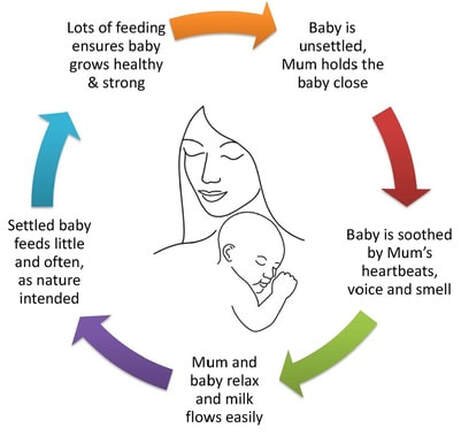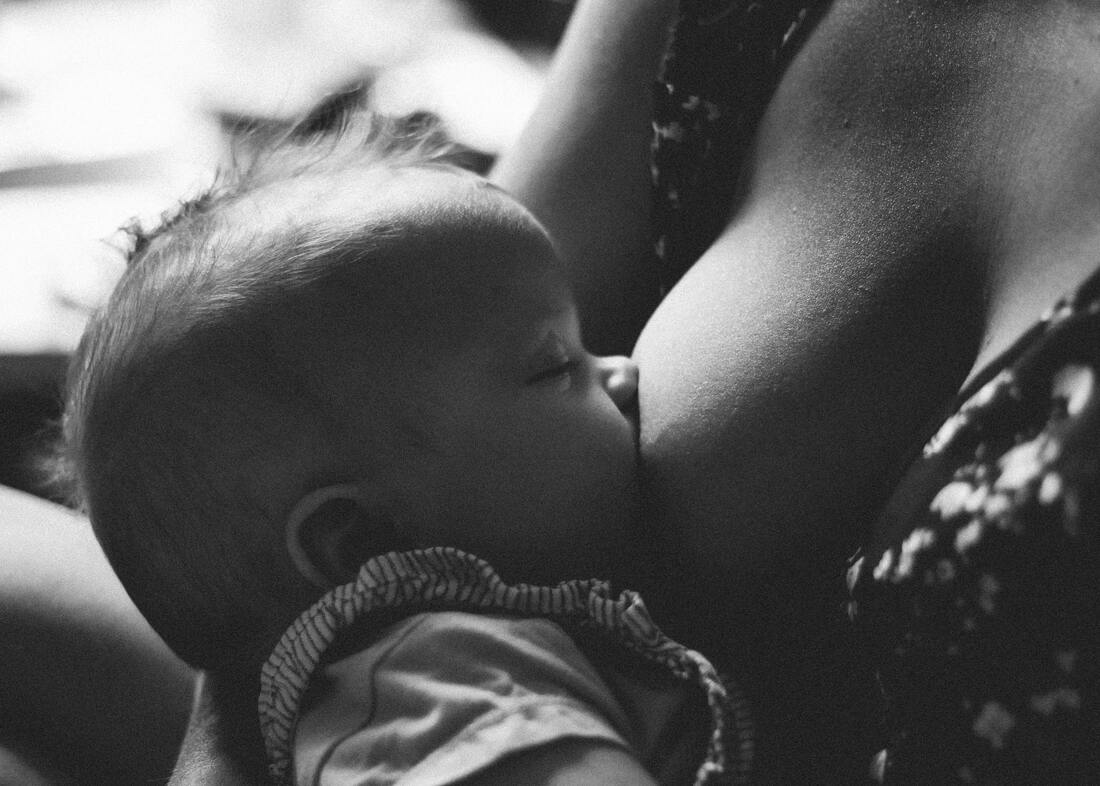
All your baby needs
It is important to feed your baby whenever he seems hungry. This will make sure you produce plenty of milk to meet his needs. That’s because each time he feeds, messages are sent to your brain, which then sends signals to your breast to produce more milk.
More feeding = More signals = More milk
It is normal for your baby to cry every time every time they are put down. This makes sure they are held, cuddled and fed, making them strong, secure and intelligent.
Breastmilk contains all the food and water your baby needs. Giving other food or drink could be harmful and may also make him less interested in breastfeeding.
If you give your baby a bottle:
- he may be at greater risk of infection
- he may be at greater risk of developing allergies if you have a family history of allergy
- you may produce less milk for future feeds
- sucking on a teat (or a dummy) may make it more difficult for him to latch on to your breast properly
- It is possible, but difficult, for mothers to reverse a decision not to breastfeed or to re-start breastfeeding once they have stopped. Introducing partial bottle feeding will reduce a mother's breastmilk supply. Breastfeeding mothers do not need to eat any special foods but it is recommended that, just like everyone else, they follow a healthy diet.
Proudly powered by Weebly

